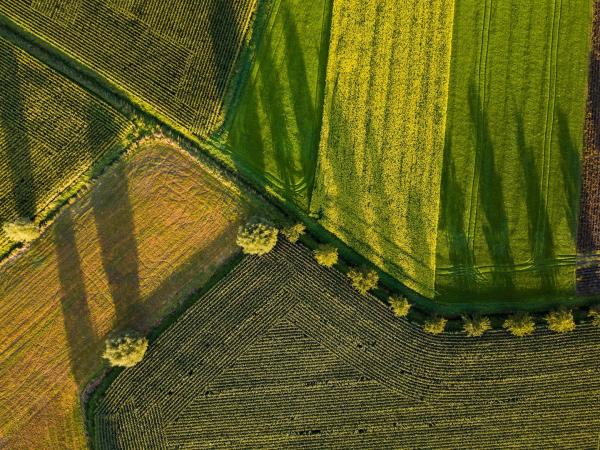
We love our bad-boy (and -girl) artificial intelligences — think Skynet or Hal 9000 — pushing people and societies to the brink of ruin, and telling a good science fiction story in the process.
But what if, in real life, we used the massive computational powers of artificial intelligence (AI) for good, making it the hero of our epic endeavor to save humanity from, say, the effects of climate change?
This is the story UC Santa Barbara ecohydrologist Kelly Caylor wants to tell. And now, with an AI for Earth Innovation grant sponsored by National Geographic and Microsoft, he and colleagues Matt McCabe from King Abdullah University of Science and Technology in Saudi Arabia, and Lyndon Estes from Clark University in Massachusetts, are beginning a new chapter in the global effort to adapt to a rapidly changing Earth. At UC Santa Barbara, the team also will consist of Ryan Avery, a doctoral student in geography, and Marc Mayes, an Earth Research Institute scientist.
“There is a real big movement — which is really exciting — to take advantage of the next generation of satellite data, ground-based observations and just a whole new set of technologies around being able to monitor environmental processes, and the potential to use those in conservation, or to support efforts to better manage landscapes,” said Caylor, who is also a professor at the Bren School, with research specialties in hydrology, terrestrial ecology and coupled natural-human systems.
Full story at: The UCSB Current
Credit: Sonia Fernandez


